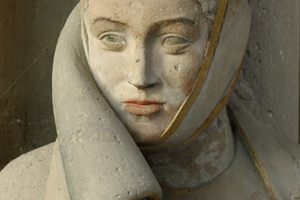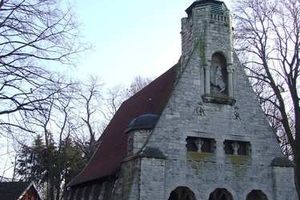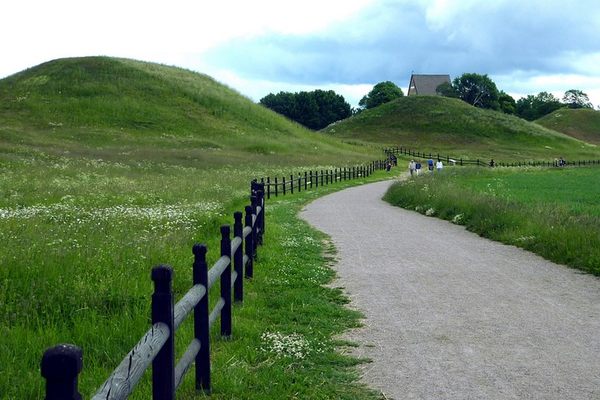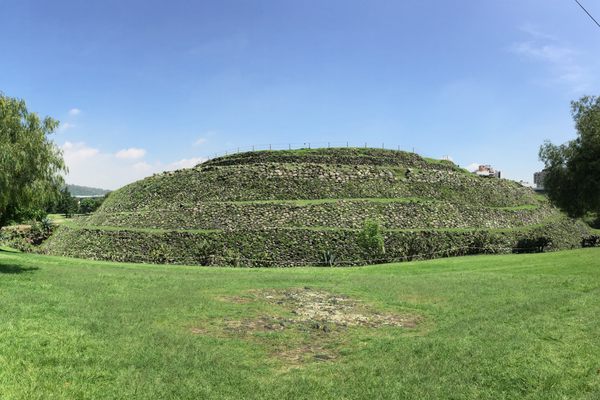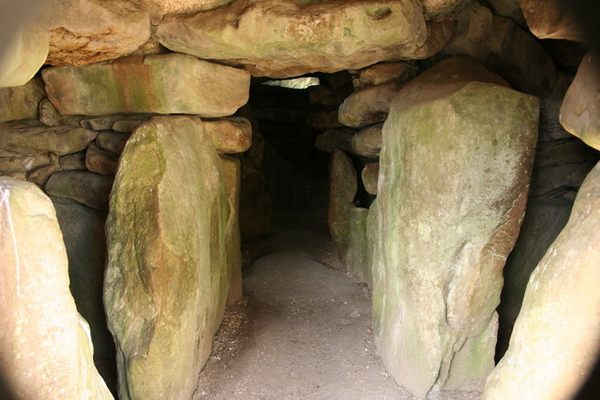About
A field of wheat in a small German town is dotted with circular rows of wooden posts. It looks like some sort of peculiar pasture, but the enclosure is actually a Neolithic structure.
The Goseck Circle (also called the Goseck Sun Observatory) dates from the fifth millennium BC. It was created around 4900 BC and was used up until 4700 BC. When archaeologists excavated the site, they discovered bovine skulls and human skeletons, suggesting it was a spot for some sort of ritualistic burial or sacrifice.
It’s thought to be central Europe’s oldest Neolithic central enclosure. It’s believed prehistoric people used these sorts of structures for religious reasons and to track the movements of the celestial world. It’s also likely that Neolithic farmers used the earthen circle as a calendar.
The ancient circle was discovered in 1991 and excavated in the early 2000s. It was then reconstructed, with wooden stakes erected to form a fence that marks the shape of the original structure. Two rows of wooden stakes encircle the ditch, with different gates marking the various entrances into the circle’s center.
The archaeological site opened to the public in 2005. Ever since, people have been able to witness the celestial shows it puts on. On the winter solstice, December 21, the sun rises in alignment with the southeast gate and sets behind the southwest gate. The summer solstice, June 21, and Spring Festival that occurs around May 1 are marked by gaps in the fence.
Related Tags
Know Before You Go
The observatory itself is opened 24/7 and is best reached with your own transport. Note that there are practically no parking options on the road to the observatory circle. Goseck Castle has an information center for the Solar Observatory. The information center is open daily from April to October from 11:00 a.m. to 5:00 p.m., and from November to March by appointment.
Published
November 5, 2018















